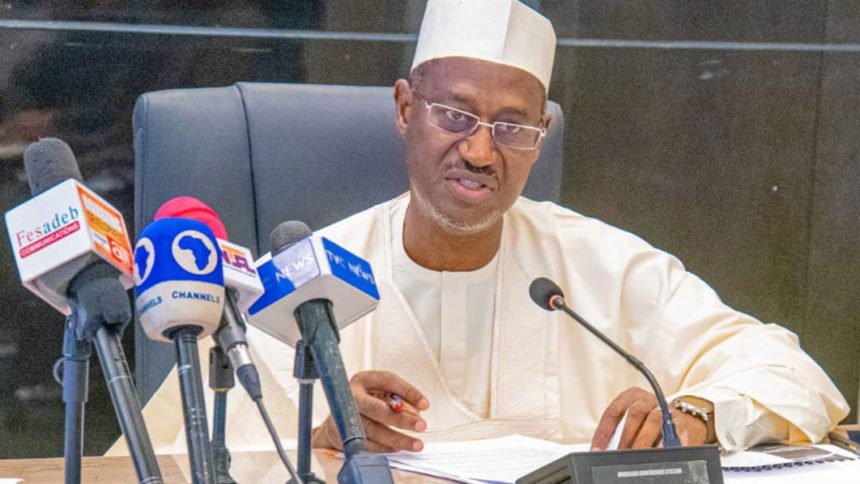Minister of Housing and Urban Development, Ahmed Dangiwa, has stated that over 90 per cent of land in Nigeria currently remains unregistered, with an estimated $300 billion in dead capital due to perennial registration challenges.
Dangiwa made the revelation at the 29th Conference of Directors of Land in the Federal and State Ministries, Departments and Agencies in Abuja, noting: “We are about to embark on a groundbreaking and work with the World Bank to address the issues holistically.”
He explained that the partnership is geared at registering, documenting and titling all land parcels within five years, expressing hope that the initiative would enable state governments to clarify and offer security to land ownership, as well as unlock its potential for development and investment.

“The development and launch of National Digital Land Information System (NDLIS) has promoted the system with technology and personnel designed to be located in all 36 states of Nigeria, and will equally streamline land transactions, making them more efficient, transparent, and accessible,” the minister added.
Dangiwa further clarified that the exercise would increase the formalisation of land transactions, boost economic activities and enhance property rights protection, by increasing formal land transactions from less than 10 per cent to over 50 per cent within a decade.
The Federal Ministry of Housing and Urban Development also declared a 60-day ultimatum for all federal Certificate of Occupancy title owners to settle their debts, warning that failure to comply, would lead to revocation of titles.
Addressing the theme, “Equitable Land Stewardship: Challenges of Land Administration and Its Impact on Climate Change and Community Rights,” the minister highlighted the pressing issue of non-compliance among landowners.
The conference, attended by various stakeholders in land administration, also featured an address from the Permanent Secretary, Dr Marcus Ogunbiyi, who emphasised the significance of effective land management in addressing food security, urbanisation, and environmental conservation.
“Land is a fundamental resource for development, how we manage and steward this resource has profound implications for economic growth, environmental sustainability, and social equity,” he observed.
Both officials stressed the need for a collective approach to reform land administration and improved compliance. Director of Lands and Housing Development Department, Collins Alabi, urged participants to be “mindful of the critical role land plays in the lives of individuals, communities, and our planet.”
SOURCE: Guardian.ng



